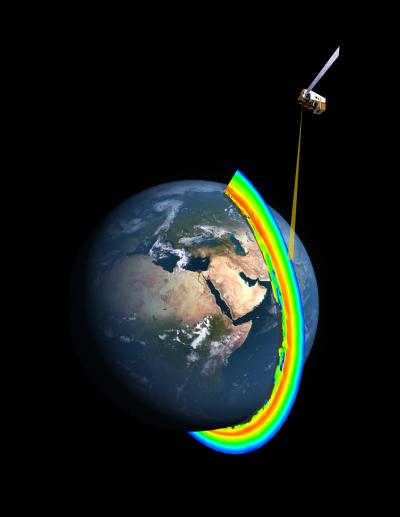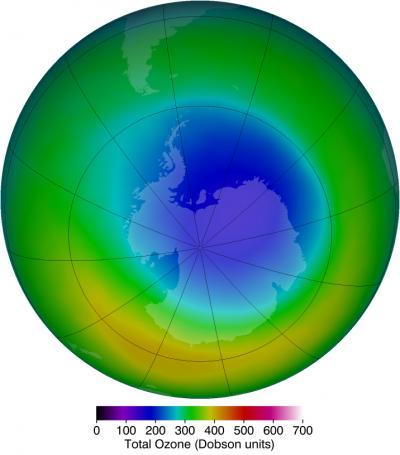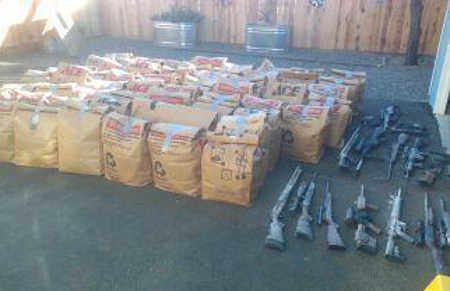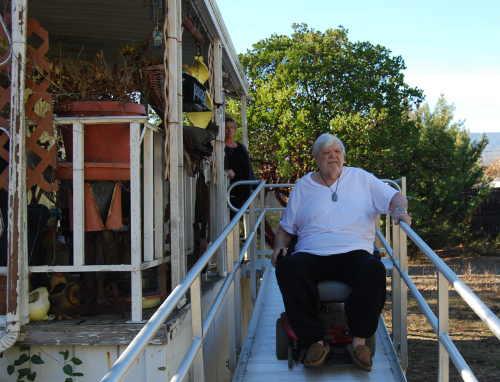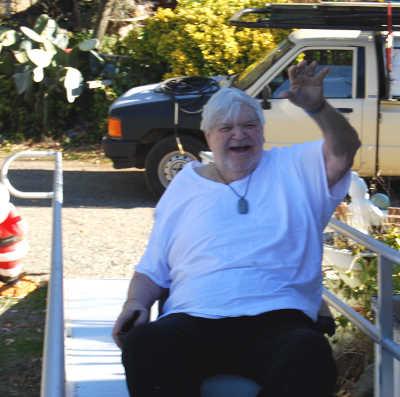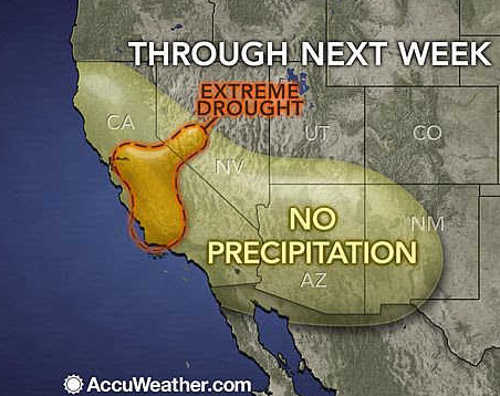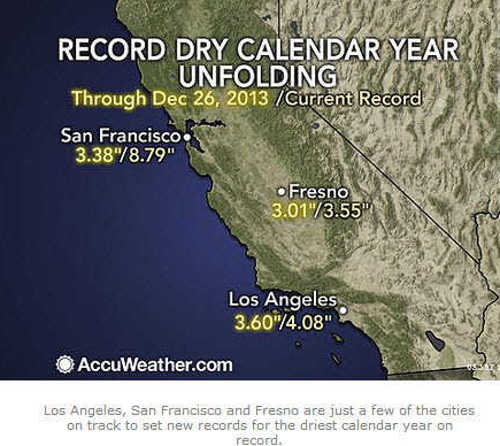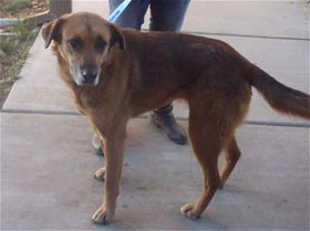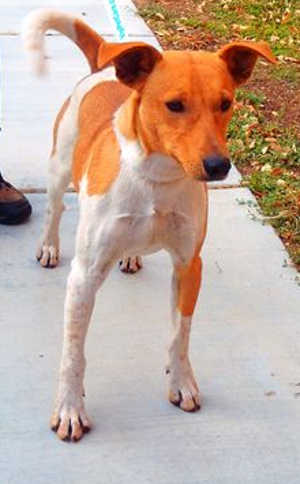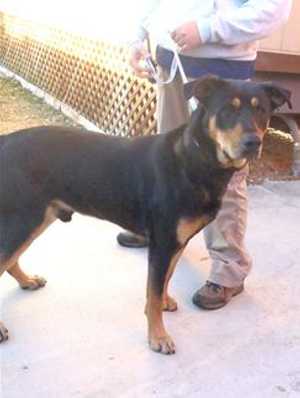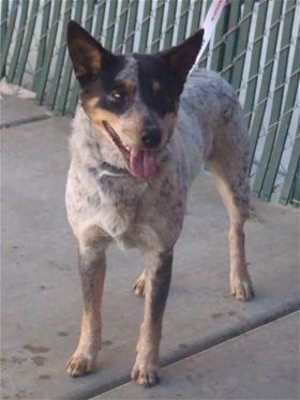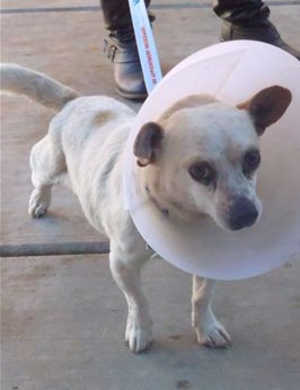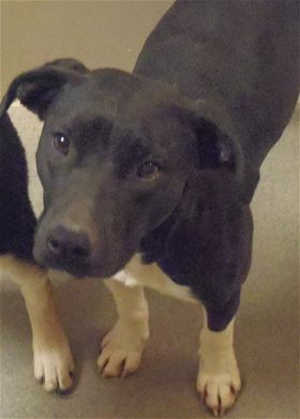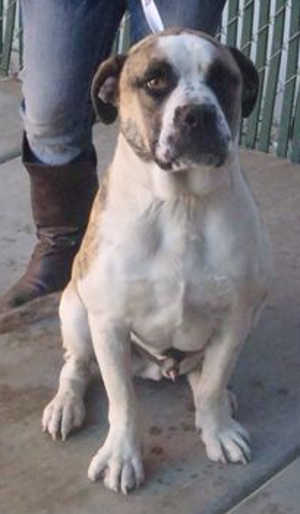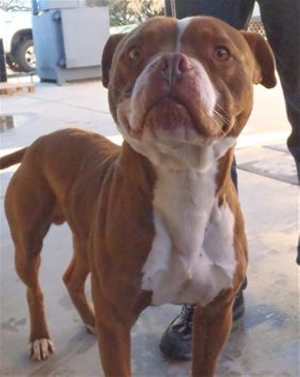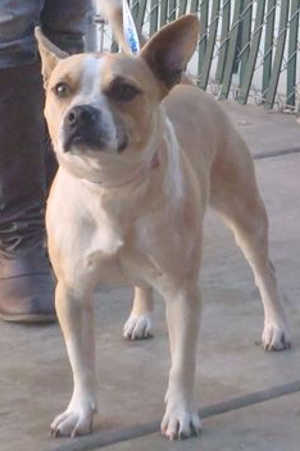- Lake County News reports
- Posted On
Officials urge precautions against heating-, holiday-related fires
LAKE COUNTY, Calif. – During the cold winter months, fire agencies across the nation see an increase in home fires due to dangerous heating equipment or unsafe practices.
This time of year also sees fires caused due to holiday decorations.
Improper use or poorly maintained heating equipment is one of the leading causes of home fires and home fire deaths across the country, according to Cal Fire.
“Half of all home heating fires are reported during the months of December, January and February,” said State Fire Marshal Tonya Hoover, Cal Fire – Office of the State Fire Marshal. “Improper use or poorly maintained heating equipment often leads to fires, injuries and deaths that could have been easily prevented. These fires remind us once again how important having working smoke alarms can be.”
Over the last few winters, a number of chimney fires have occurred in Lake County, with local fire officials reminding homeowners to make sure their chimneys are cleaned regularly.
With a few simple safety tips and precautions, you can prevent most home heating fires from happening.
Cal Fire offers the following fire safety tips:
- Keep anything that can burn at least 3 feet away from heating equipment such as a furnace, fireplace, wood stove or portable space heater.
- Have a 3-foot “kid-free zone” around open fires and space heaters.
- Always turn portable heaters off when leaving a room or going to bed.
- Make sure the fireplace has a sturdy screen to prevent sparks from escaping.
- Allow fireplace ashes to completely cool before disposing them. Place in a tightly covered metal container at least 10 feet away from your home and any other nearby buildings. Never empty fireplace or wood stove ashes directly into a trash can.
- Never use your oven to heat your home.
- If using fossil fuel heating, install and maintain carbon monoxide (CO) alarms to avoid the risk of CO poisoning. Make sure your home has working smoke alarms as well.
With regard to general fire safety, the National Fire Protection Association reminds people to test smoke alarms and have fire escape plans, keep children and pets away from lit candles, keep matches and lighters up high in a locked cabinet, and stay in the kitchen when cooking on the stovetop.
The association also urges people to use extra caution during the holiday season, taking particular care with Christmas trees.
Forty percent of homes fires that began with Christmas trees occurred in January, according to the association.
“The longer they are in the home, the more dangerous they become. The continued use of seasonal lighting and dried-out trees can pose significant fire hazards in and outside the home,” said Lorraine Carli, vice president of Outreach and Advocacy for NFPA. “Proper disposal of the tree from your home will minimize the risk and will keep the holiday a joyful one.”
Although these tree fires are not common, when they do occur, they are more likely to be fatal. On average, one of every 40 reported home structure Christmas tree fires resulted in a death compared to an average of one death per 142 total reported home structure fires, the association reported.
For unplugging the electric decorations, use the gripping area provided on the plugs. Never pull the cord to unplug a device from electrical outlets. Doing so can harm the cord’s wire and insulation, which can lead to an electrical fire or shock.
To reduce the risk of holiday tree and light fires and to keep decorations in good condition for next year, the association offers these suggestions:
- As you’re putting away electrical light strings, take time to inspect each for damage. Throw out light sets if they have loose connections, broken sockets or cracked or bare wires.
- Do not place a damaged set of lights back into the storage box for next year’s use.
- Wrap each set of lights and put them in individual plastic bags, or wrap the lights around a piece of cardboard.
- Store electrical decorations in a dry place where they cannot be damaged by water or dampness. Also, keep them away from children and pets.
For more information on fire safety visit the Cal Fire Web site at www.fire.ca.gov or the National Fire Prevention Association Web site at www.nfpa.org/winter .

